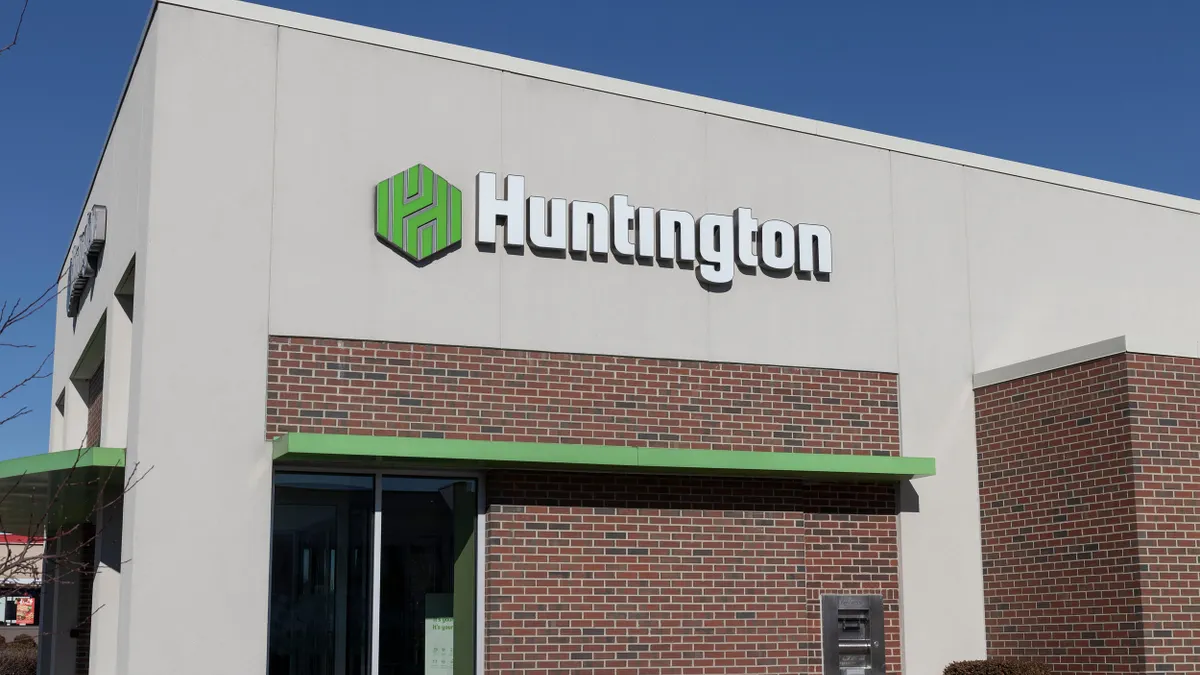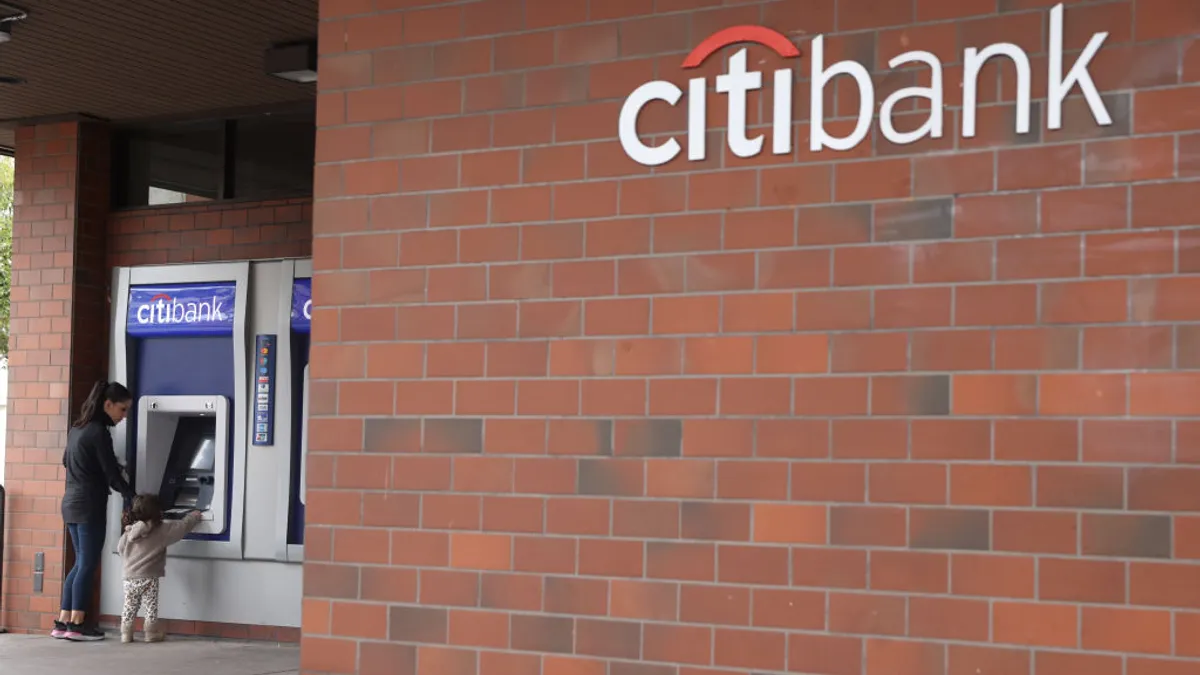Democrats on the Senate Banking Committee on Wednesday took aim at a Trump-era rule they say allows lenders to skirt state interest rate caps and charge high rates to the nation’s most vulnerable borrowers.
At issue is the "true lender" rule, finalized by the Office of the Comptroller of the Currency (OCC) in October.
Under the rule, a bank will be the true lender on loans made in partnership with third parties if, as of the origination date, it funds the loan or is named the lender in the loan agreement. If one bank is named the lender in the loan agreement and another bank funds the loan, the former is the true lender, the OCC specified last fall.
The rule allows fintechs or other nonbank lenders to offer loans at higher interest rates than the state in which they are licensed by partnering with a bank that is chartered in a state with a higher interest rate cap.
Supporters of the rule say it provides regulatory clarity and expands access to credit, while Democrats and consumer advocates argue it allows nonbanks to take advantage of vulnerable borrowers.
During Wednesday’s hearing, Senate Banking Committee Chairman Sherrod Brown, D-OH, called on the OCC to revoke the rule, saying it was “rushed through” by then-Acting Comptroller Brian Brooks, and the agency’s current acting head, Blake Paulson.
"The last thing we should be doing is encouraging lenders to, in their words, innovate, when we know that just means they get away with ripping people off," Brown said in his opening remarks. "You can stand on the side of online payday lenders and brag about their creativity and avoiding the law as they find new ways to prey on workers and their families, or we can stand up for families and small businesses and the state attorneys general and state legislators who have said, ‘enough.'"
The hearing follows a resolution Sen. Chris Van Hollen, D-MD, introduced last month, which would revoke the true lender rule through the Congressional Review Act. The law allows Congress to overturn rules issued by federal agencies within 60 legislative days of the rule being published.
Sen. Pat Toomey, R-PA, the panel's ranking member, argued that overturning the rule would result in high-risk borrowers being excluded from the lending system.
"I suspect the motivation for overturning the rule is that it would subject more loans to state interest rate caps, but that may not be the effect," he said. "I think the more likely effect is that these loans simply won't get made. That's why price controls are not the answer. They'll exclude people from the banking system, they'll restrict their credit supply and make it harder for low-income consumers to access credit that they need."
A "robust competitive market" is the best form of consumer protection, Toomey said.
"Preserving regulatory certainty and clarity through the true lender rule advances that cause," he added.
The battle over the rule comes as the Biden administration has yet to name a new head of the OCC. Brooks, who issued the rule, resigned from the agency in January, leaving Paulson, the OCC’s former chief operating officer, to take his place.
Paulson, a staunch supporter of the true lender rule, wrote to lawmakers this month about the "misperceptions" surrounding the rule and that undoing the regulation would have an "adverse impact," according to Politico.
Alysa James, a spokesperson for Brown's office, said it was "outrageous for the current Acting Comptroller to advocate on behalf of this harmful rule."
"His letter to Congress is highly irregular, inappropriate and contains misleading statements,” she told Politico.
Meanwhile, Brooks, who was recently named CEO of cryptocurrency exchange Binance.US, told lawmakers during Wednesday’s hearing that any concerns with nonbanks’ or fintechs’ abuse of the true lender rule should be handled by the states in which they are licensed.
"The very payday lenders and others that often come in for criticism are state-licensed companies, and if the state has serious concerns about them, they are, of course, free to revoke their licenses and take other actions," he said. "The issue here is with the price controls, and I would ask you to consider that price controls result in shortages."
Senate Republicans took issue with what they considered Democrats’ attempt to limit consumer choice when it came to the true lender rule.
"The idea that we should forbid people from having access to loans because they can't be trusted to make a good decision for themselves — does that strike you as a little bit patronizing and condescending?" Toomey asked.
"I don't look at interest as a bad thing," Brooks said. "If I'm somebody with dings on my credit and I need a two-year personal loan to replace my roof or do one of the many things that people use these loans for, I don't think it's up to me to say that's a bad thing."
Columbia Business School Professor Charles Calomiris told lawmakers that amid the true lender debate, fintech-bank partnerships shouldn’t be lumped together with payday lenders but should be considered an alternative to them.
"[These partnerships] are steering low-income, low-dollar borrowers to much lower interest rates. That is what's at stake here. I think we have a pretty severe mischaracterization of these very flexible and innovative new partnerships that are really empowering consumers in new ways," he said.
Meanwhile, Lisa Stifler, director of state policy at the Center for Responsible Lending, warned lawmakers not to be deceived by "schemes" dressed up with a "fintech aura."
"The loans we're seeing are still extremely high cost and extremely predatory," she said.






















